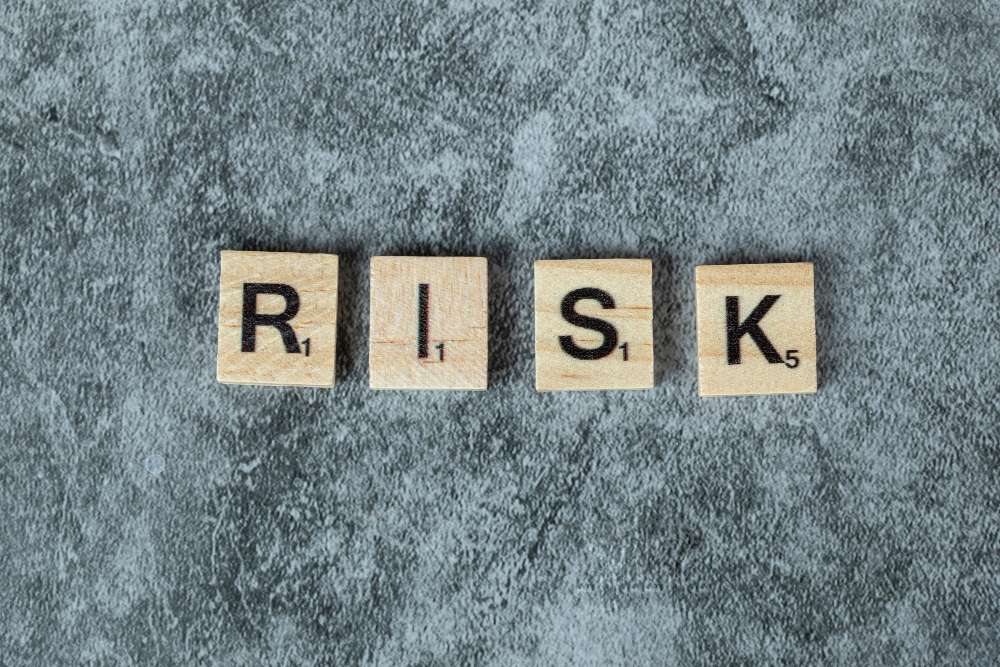In this article, we will answer the question – what is reputational risk? Reputational risk is a specific type of risk that affects your organisation’s image and how others perceive it. Whether you’re just starting out or leading an established company, you’ll inevitably come across situations where your company will put its brand at risk. Reputational risks can crop up in many different ways. So what is reputational risk? We take a closer look in this explainer:
What is Reputational Risk?
Reputational risk occurs when an organisation’s reputation is negatively affected in one way or another. This can happen as a result of a number of factors, including poor decision-making, thoughtless actions, or even something as innocent as a simple miscommunication. If you think about it, any poor decision or action taken by an individual employee or a component in your supply chain will almost always have a domino effect on the rest of the organisation. It’s therefore important to understand why these risks occur and how best to deal with them in order to protect your company from future damage.
Significance of Reputational Risk
You don’t have to be an expert to recognise how important it is for organisations to maintain strong reputations. A good reputation can be crucial to an organisation’s growth and long-term success. A bad reputation, however, can significantly damage your company’s image and lead to future difficulties. Some types of reputational risks are more damaging than others, but any sort of negative publicity is a serious issue. Maintaining a strong reputation is, therefore, absolutely essential to any business’ success.
Types of Reputational Risk
Risk of Perception
This type of risk refers to the possibility that your company’s reputation will be negatively affected by a third party. This might be as a result of something that took place outside of your organisation, such as a third party’s poor decision or action. Risk of Perception is often harder to manage than other types of risk, as it can often be difficult to predict when and how it will occur.
Risk of Intention
This type of risk refers to the possibility that your organisation’s reputation will be negatively affected by a miscommunication. This might be something as simple as a colleague mistaking one message for another. Risk of Intention is typically easier to manage than risk of Perception, as it can often be easier to identify and rectify.
Risk of Action
This type of risk refers to the possibility that your company’s reputation will be negatively affected by something that an employee does. This might be a decision or action that is noticeably detrimental to the overall brand image. Risk of Action is typically the most serious type of risk, as it is typically caused by poor decision-making.
How to Mitigate Reputational Risk
There are a number of ways that you can protect your company’s reputation, including: – Defending your company’s reputation online
– Keeping your social media profiles clean and professional, and ensuring that you don’t include inappropriate content
– Providing useful, high-quality content for your website by keeping your communicationimages clear and free of inappropriate content and ensuring they are free from any greenwashing, values washing or purpose washing. It is also important to ensure you have robust data to back up any claims and avoid making misleading claims at all costs.
– Acting with integrity when interacting with your clients, stakeholders, customers and community
– Maintaining a positive outlook on all future challenges
– Keeping frequent communications open in-between employees amd ensuring that your communications don’t cross the line into libel
– Responding to any negative comments that are left on social media posts and acting on any negative PR quickly
– Maintaining an in-depth knowledge of your company’s reputation through sentiment analysis and monitoring your company’s reputation on a regular basis and in real-time by using an API such as Permutable’s sentiment analysis API
– Monitoring your company’s reputation on a regular basis and in real-time by using an API such as Permutable’s sentiment analysis API
– Maintaining and sticking to a strict code of conduct
Examples of companies whose brand reputation has been damaged
Conclusion
Reputational risks are a threat to any organisation’s reputation and must be taken seriously. It’s important to understand how these risks occur and how best to mitigate them in order to protect your company’s future growth. There are a number of ways that you can protect your company’s reputation as outlined above.
Get in touch to discuss how Permutable can help you monitor and manage your reputational risk in real time.
